The gory and brutal “2001 Maniacs” reveals a sinister look at a nation that tore itself apart and never quite put itself back together.
Heavy on kitsch and gore, 2001 Maniacs was a dead-on political satire and either remake or recreation (you decide, is how they seem to put it) of the 1964 film Two Thousand Maniacs!
Hitting heavy with practical effects and taking away with some cheesy performances, the film was released in 2005 by director Tim Sullivan to low reviews from critics and audiences, and while the film itself is lacking in quality at times, it delivered its message loudly and colorfully.
Boasting names like Robert Englund, Lin Shaye, and an Eli Roth cameo, this would not be the elevated horror ride you’d expect but instead, a bloody ode to Southern revenge and the war that started a divide in this country that reflects in states bleeding red and blue, where before it was blue and gray.
With the Civil War over 150 years behind us, there are still tensions lingering between north and south in this country, and this film was here to fan the flames with character portrayals and brutality that could expose some still aching wounds lingering long after the bloodshed between brothers ended.
With approximately 620,000 casualties, it is the bloodiest war fought for the country, with this figure being close to the fatalities of the Revolutionary War, the War of 1812, the Mexican War, Spanish American War, World Wars I and II, as well as the Korean War, combined; there’s bound to be some ghosts remaining.
We are peppered like a shotgun round with images of war, blood, and death to open this feature.
Hammering home the terror of the war and the losses for the South, the picture begins with an intense montage of the fighting and the fallen to give us a lens to view the approximately 258,000 Confederate deaths. These photos fade out into a slideshow where Professor Ackerman (Peter Stormare) is lecturing his students before spring break.
Trying to break through to bored college students, he asks them to consider when they head south why Southerners may still be angry at the run of destruction caused by the war (discussing specifically the taking of Columbia, SC, a famously bloody overtaking) but instead, the projection manager, Nelson (Dylan Edring), is putting up party photos.
Everyone but three hooligans including Nelson and friends Anderson (Jay Gillespie) and Cory (Matthew Carey) are set free, and their antics and poor performance have earned them a punishment paper due after break is over.
Those who don’t learn from history are doomed to repeat it, they are told, but the party is on.
Hitting the road, the three young men are headed to Florida, spitting venom at the southern countryside, mocking their history assignment. A stop for fuel gives straight deliverance vibes with a banjo strumming boy and a harbinger style pump operator saying the boys will be “pushing up daisies by midnight.”
They are taken by surprise when two young women arrive and the boys are desperate to be noticed, their drooling behavior leads them to share their phone number to meet up with them later.
This is some of the most cringe worthy acting in the film if you’re struggling to get through it, so patience my friends.
Night descends on the travelers who sleep restlessly in the car. Nelson, roused by a nightmare, seems lost, and the trio notices a detour sign blocking the road, redirecting them. An empty back road takes the young men to Pleasant Valley, a town nestled in the woods, population 2,001.
At first glance, the quaint little town looks abandoned, but — surprise! Out comes the whole town to greet our newcomers, who have stopped dead center and are taken aback by the warm and very southern greeting to the town.
Out steps Mayor Buckman (Robert Englund), all welcome and cheer, with a confederate eye patch, famous southern hospitality over twanging banjos and hoots of joy.
The handshaking type, the Mayor is taken by Anderson’s surname: Lee, a good old southern name, and the boys aren’t alone. Shortly after their arrival the ladies and gentleman from the gas station pull in and are welcomed to the Guts and Glory Jubilee!
The potential of getting some local women or maybe getting lucky with the “pussy wagon” is all the boys can think of when they agree to stay for the two days of festivity.
But wait, the detour sign brings us two late arrivals, two bikers of Asian and African American descent… striking the group who don’t seem used to darker skin tones. They awkwardly welcome the unexpected guests and begin packing them into a local inn. The digging back and forth at the race of the guests, the bellhop insinuating they still hang black people and guests defacing historic portraits, it’s obvious north and south might not be as cozy as they pretend to be in public.
Once the guests are put in their rooms, they’re told to be ready for dinner at Granny Boone’s (Lin Shaye), and she’s not one to be left waiting.
Southern Stereotypes and Those Damn Yankees
Bumpkin. Hillbilly. Redneck. We have a slew of damning terms we use when we refer to our neighbors south of the Mason-Dixon Line.
There’s plenty of slang terms to insult country folk especially, with derogatory connotation indicating a lack of intelligence, education, and exposure to the world. We see in 2001 Maniacs these stereotypes are played up to their apex, making everyone a caricature of a southern stereotype from the dull boy skinning cats to old Granny Boone and her dinner manners.
The stereotypes come in all forms, however, and while ignorant granny and village idiot aren’t ideal, there are other more grotesque ones like the milkmaid and the “kissing cousins,” digging at long-held jokes of incest and familial relation that tend to be a go-to when you’re disparaging to people from the south.
Vicious racists as well, the portrait of the South is marred in these performances, making each member of Pleasant Valley seem both dull and devious.
With Confederate battle flags (yes, I said “battle flags” are the flag we most know because there are a couple of different Confederate flags) flying this is certainly a different time in film making and politics as the flag has come into hot controversy — and the mayor is wearing one on his face.
A representation to many of the slave trade and racial tensions, the flag is being stripped from public acceptability, with bills in Congress voting to ban its display in certain cases and even southern states like Texas opting to change their Six Flags park from having a Confederate flag on display to six American flags to “represent unity” instead of remind us of the divide.
On the other side, there’s not much to call a Northerner besides a city slicker or a Yankee.
None are as powerful as the ones we use to label and identify Southerners based on their appearance or mannerisms.
Yankee is a word of mysterious origin, and no one quite knows who first used the term or for what. Some say General James Wolfe first used it in 1758 while commanding soldiers, while other rumors say it could come from a Cherokee word that could also mean “coward.” There’s not much to pick at with the modern clothes to the fancy cars in this film, but Yankee is a loaded word that seems to imply a sense of superiority, and most importantly, a lack of respect.
We see immediately in the film the guests get to mocking the hosts as well as defacing their homes with portraits and items they find outdated. With their arrogance combined with their willful ignorance, the northerners in this film are indeed those damn Yankees, coming to mock but staying to take advantage.
While there may not be as many stereotypes for that group, the general absence of deference shows the group feels entitled to be there and to act how they want as opposed to an attitude of graciousness.
It seems a feature of the Yankee is a cavalier, self-serving attitude and a disregard for the culture and history of their neighboring states. Unsurprisingly, this evokes a sense of rage and vengeance (it was the War of Northern Aggression, they say), which is why it appears the Yankees are punished so ruthlessly for their behavior and the sins of their forefathers.
Pride and Prejudice
While war may have been fought before to determine the future of this country, the wounds haven’t healed, and there remains animosity between the sides when towns and townspeople were razed to the ground in sieges such as the taking of Columbia in the final months of the war.
If you look at a voting map of the country, you’ll see a strong divide between red and blue states and where they begin, with red dominating the south with conservative and traditional values that sit more at home with the southern state of mind.
The South proved its power in the 2016 election when, in spite of losing the popular vote, the southern states paved the way for a victory asserting the voices of the southland.
Even though we agreed to disagree, you’ll still probably catch a couple of side eyes as a tourist around some parts of the south. In spite of this, the terms “southern hospitality” and “southern pride” still ring, and many down there still hold their heads high and assert their generosity over animosity.
“Southern pride” as our first term here is the most problematic one, it seems, as no one person can agree if it’s moralistic to have pride in certain ideals.
Some articles assert that “southern pride” is a veiled term to refer to closeted racism.
Others simply believe it’s a dedication to one’s state, one’s part of the land, and the place they call home.
Southern hospitality is a well-known saying as well, referring to the delicious food and welcoming manners of southern citizens generally. The film perverts this phrase the way it has been perverted in modern discourse, serving southern barbeque, cannibal style, to the unknowing friends of the main course.
The phrase was tied mostly to general Southern friendliness but adopted a more sinister connotation when applied to the cultural landscape, once again getting wrapped up in racial ties and connections to the slave trade.
Southern hospitality, through this lens, is another mannerism tied to slaves, as slaves had no place in hospitality unless they were servants and never received the famed special treatment.
These are tricky terms to get caught up in, and when put in historical context, they can get dubious.
Drawn in by the delights that only three white boys could fall for, the town of Pleasant Valley is a misleading name despite the warm welcome, and visitors should know to respect their peers, their land, and especially the dead.


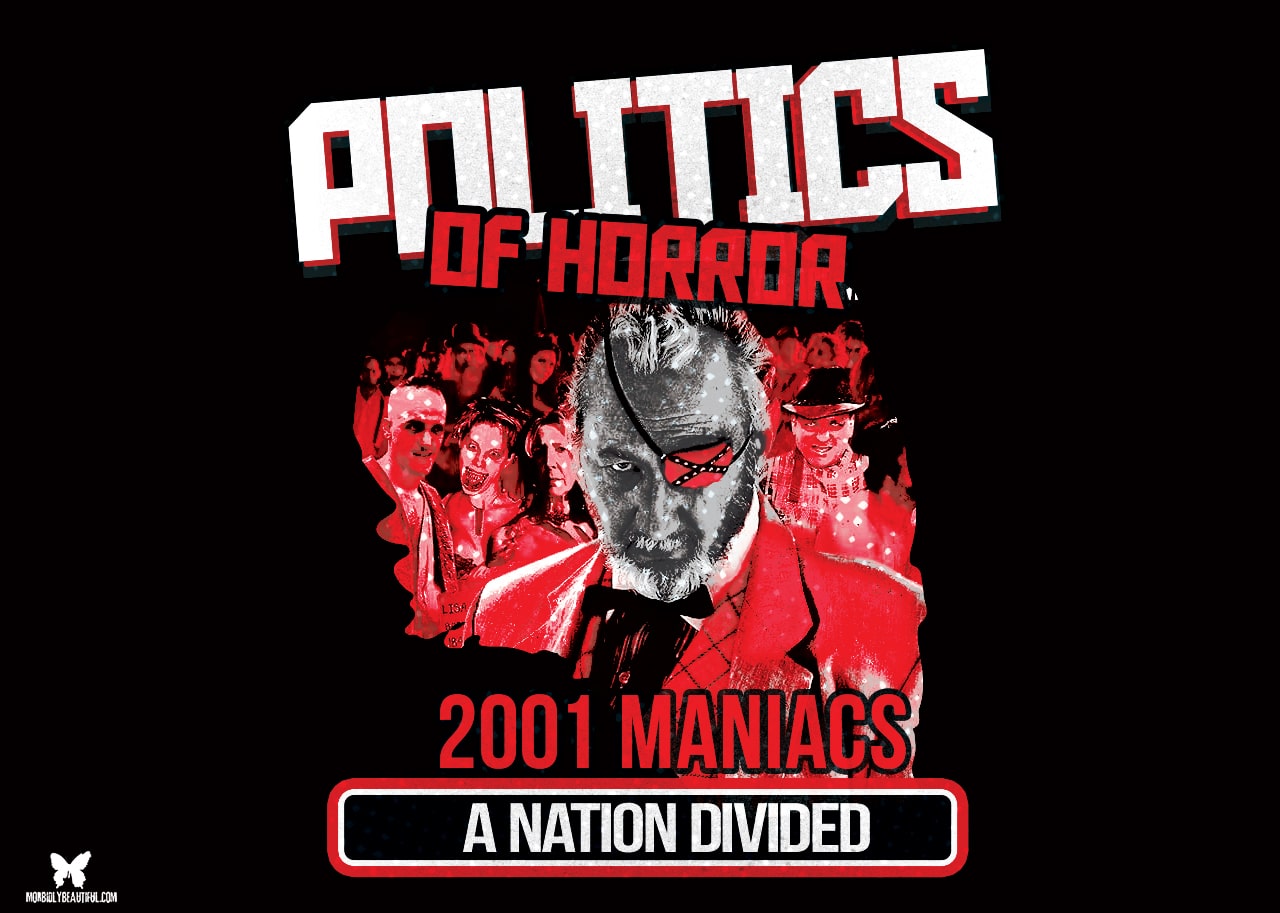
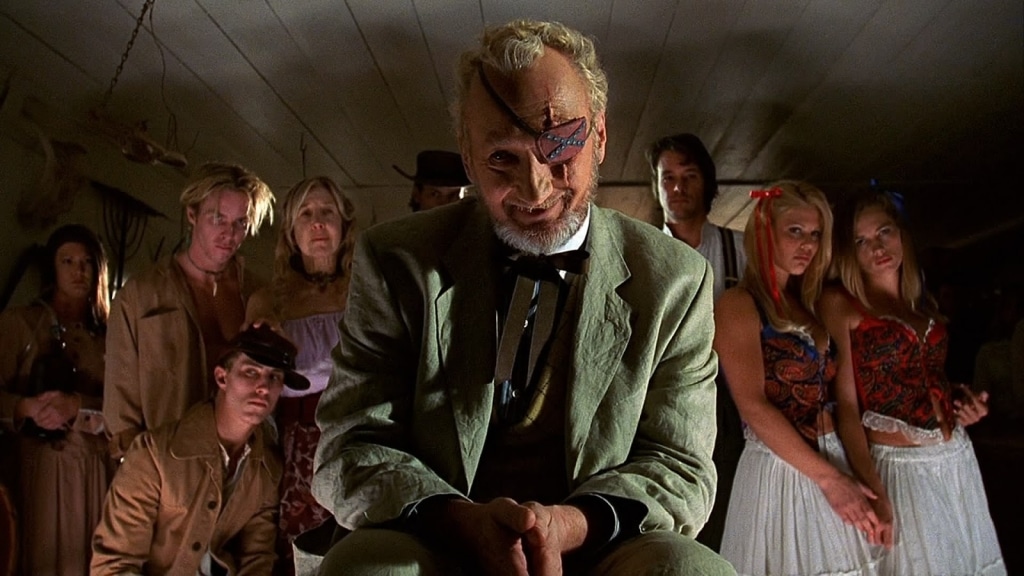
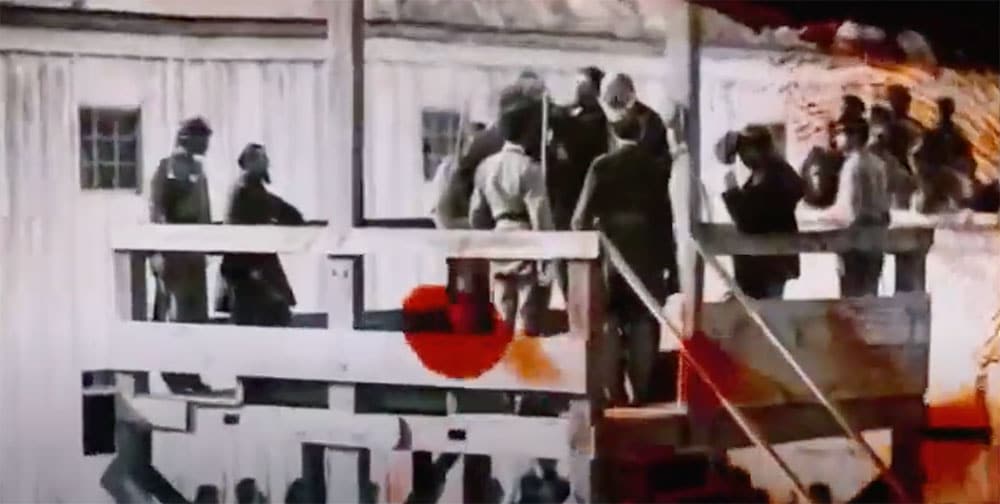
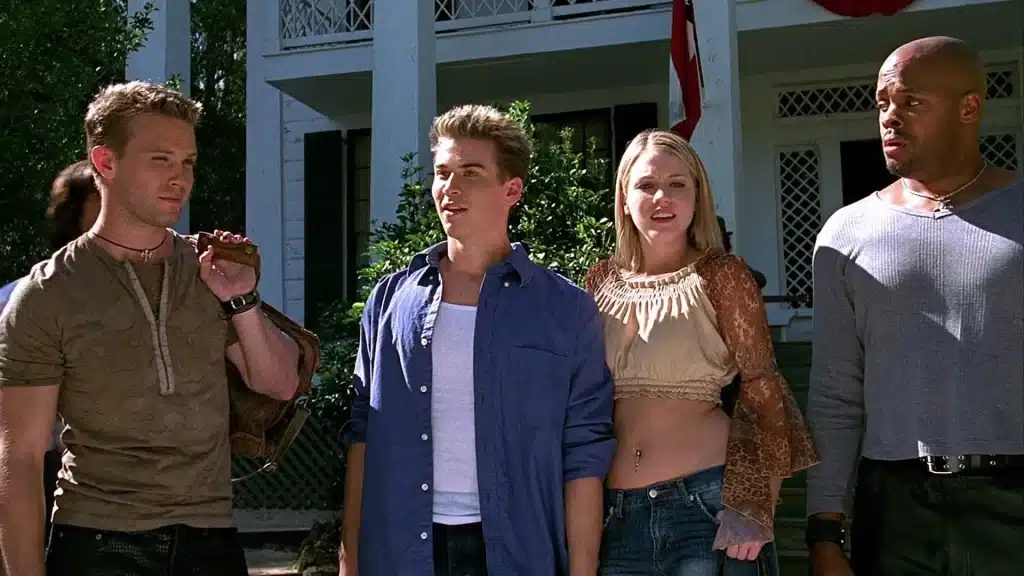
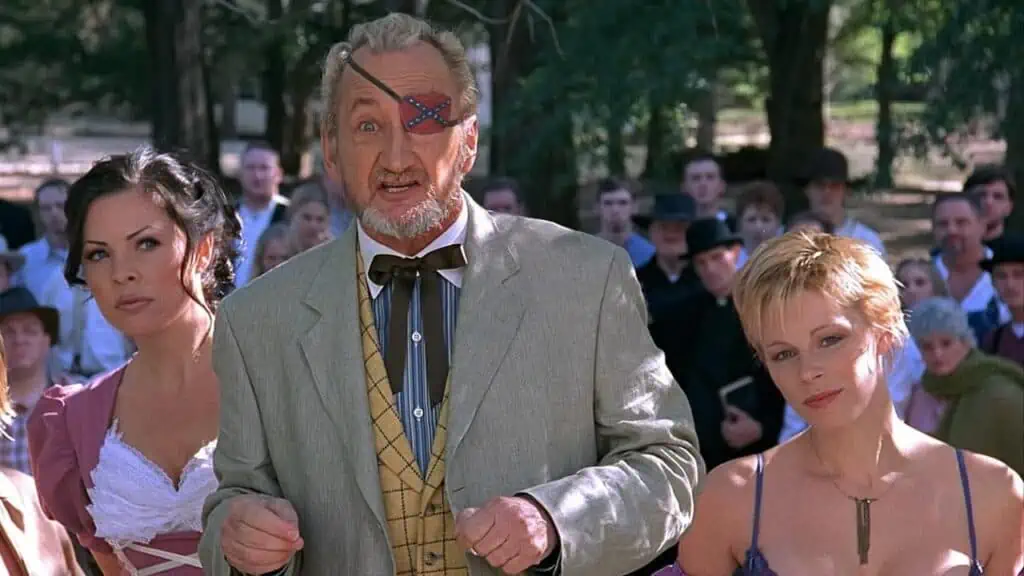
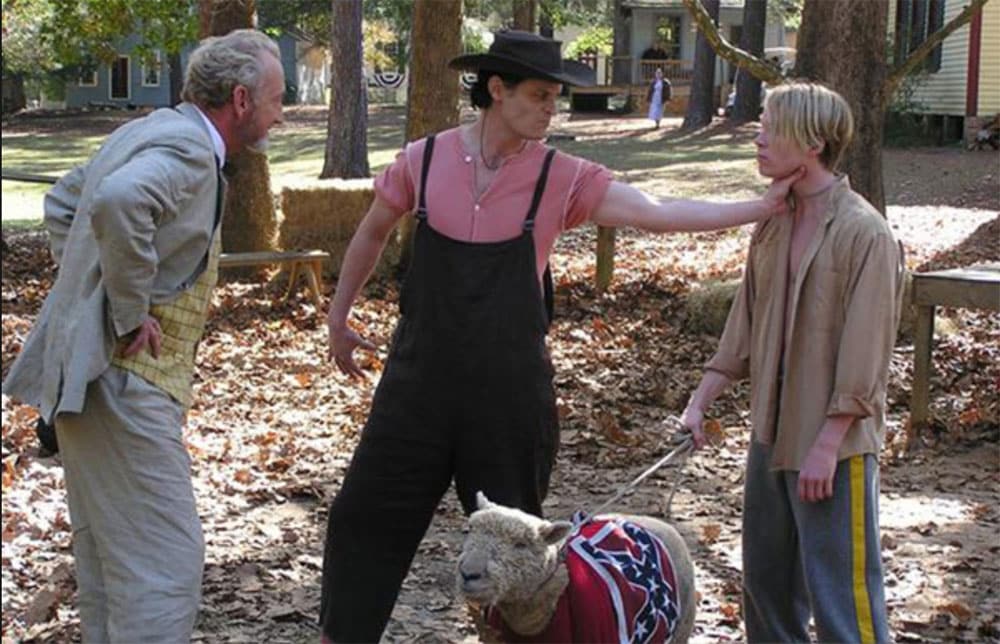
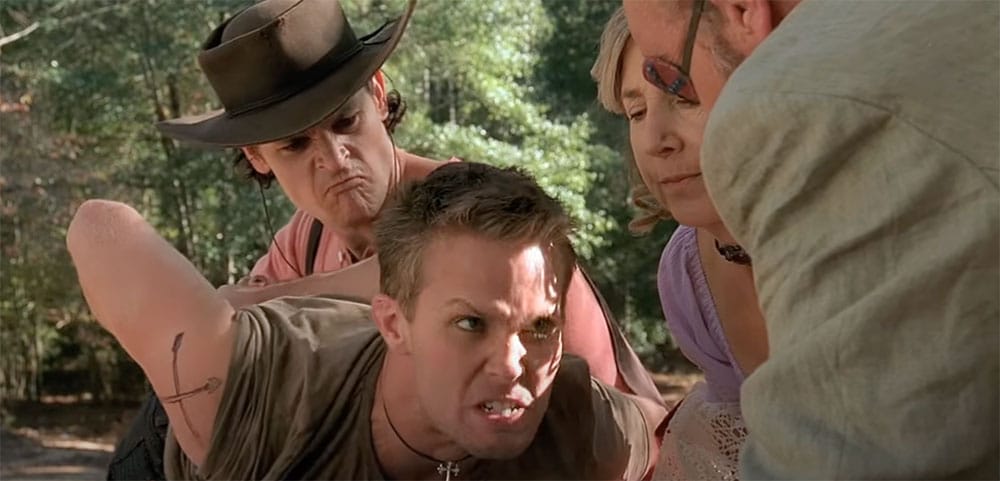
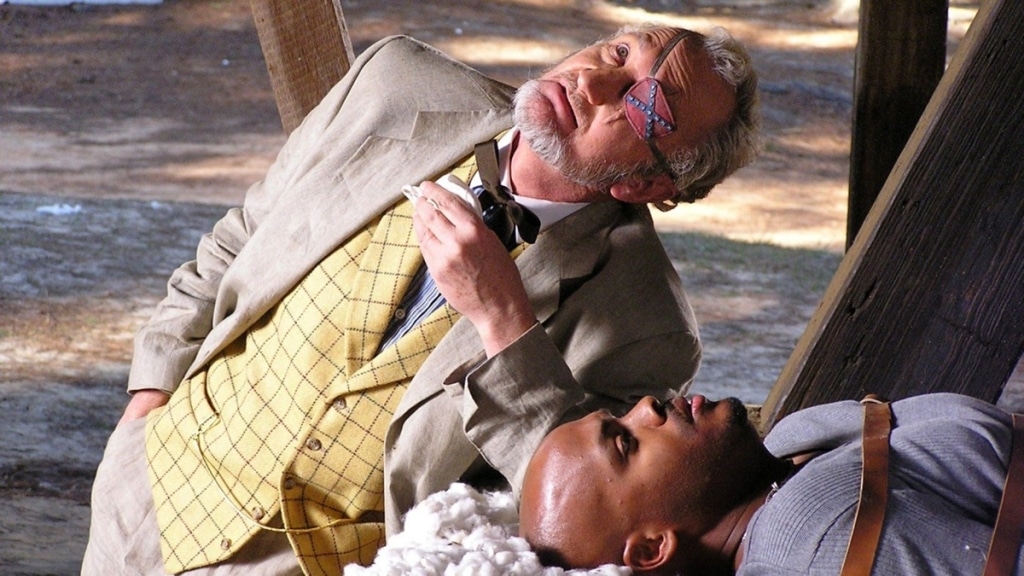
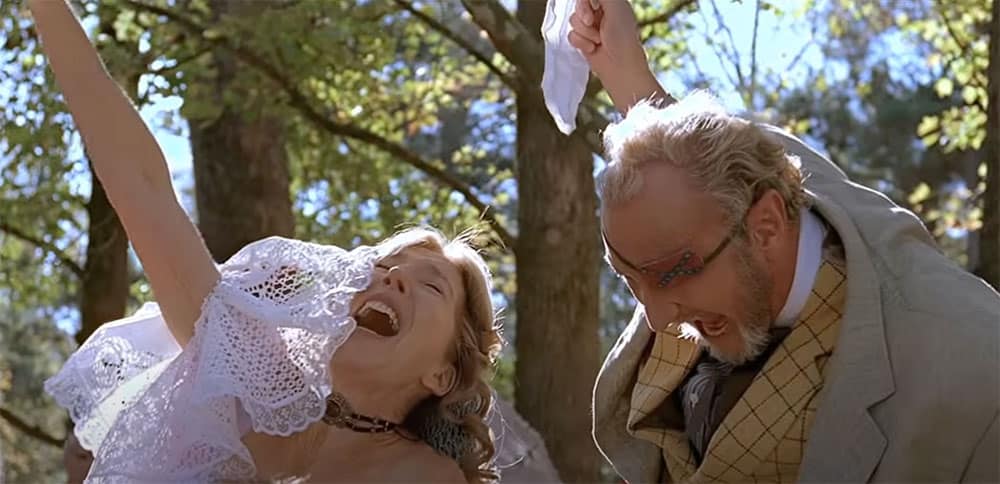
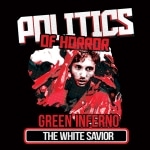
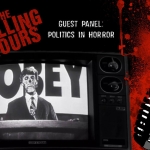
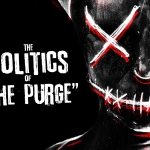






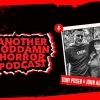

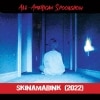
Follow Us!